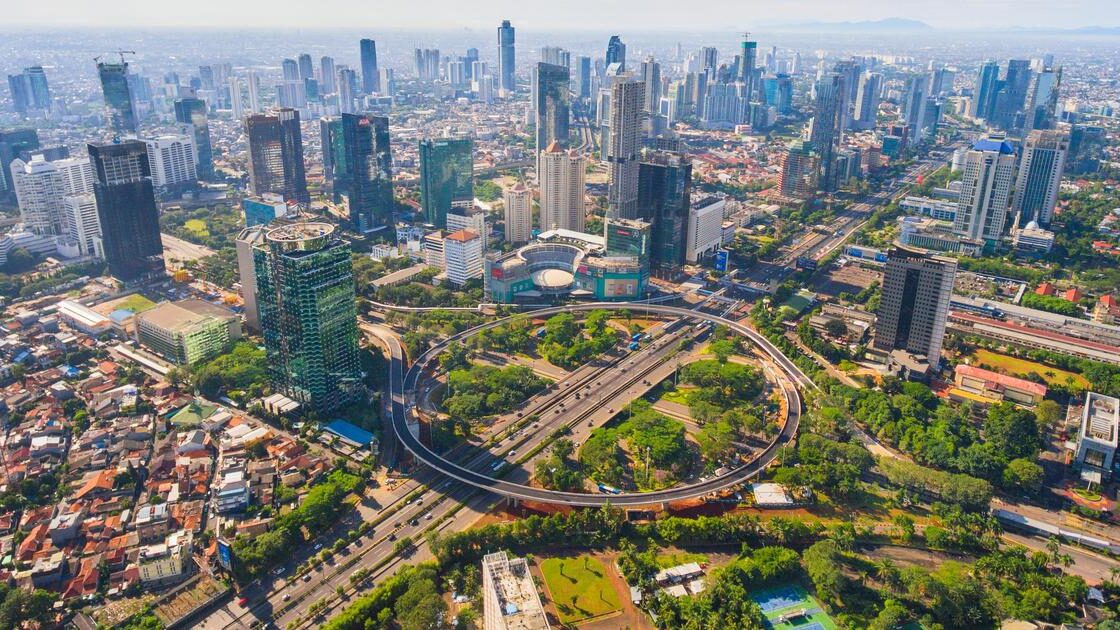Indonesia Intensifies Crackdown on Online Gambling Networks
Indonesia has implemented stringent measures to combat online gambling by targeting internet connections linked to the Philippines and Cambodia.

Comprehensive Anti-Gambling Strategy
Initiated by the Communications and Informatics Ministry, this effort aims to disrupt access to networks that facilitate illegal online gaming within the country.
On June 21st, Network Access Point (NAP) service providers in Indonesia received directives to block internet lines associated with online gambling, particularly those traced to Davao, Philippines, and Cambodia. This strategic action mirrors regional tactics where authorities focus on dismantling infrastructure rather than pursuing individual platforms.
Budi Arie Setiadi, Indonesia’s Communications and Informatics Minister, stated that these efforts are part of a broader strategy to eradicate online gambling. This initiative includes the removal of nearly 3 million pieces of online gambling content from mid-2023 to mid-2024, illustrating Indonesia’s firm stance on enforcement.
Financial and Regulatory Measures
Beyond the NAP directives, Indonesia is collaborating with financial institutions to freeze approximately 5,800 bank accounts and block 555 e-wallets under Bank Indonesia’s authority. This comprehensive approach highlights the gravity with which Indonesia views online gambling, enforcing penalties of up to 10 years in prison and fines up to $1,500 for offenders.
A newly established gambling task force, comprising members from the National Armed Forces and National Police Force, is integral to monitoring and intercepting financial activities related to online gambling. Coordinating Minister for Political, Legal, and Security Affairs, Hadi Tjahjanto, emphasized ongoing efforts to block access to international iGaming platforms, ensuring strict adherence to Indonesia’s anti-gambling regulations.
The Financial Transaction Reports and Analysis Center of Indonesia continues to scrutinize surveillance data to identify and investigate potential online gambling transactions. Recent analyses have flagged thousands of bank accounts suspected of iGaming involvement, which are subsequently reported to the Criminal Investigation Agency for further action.
